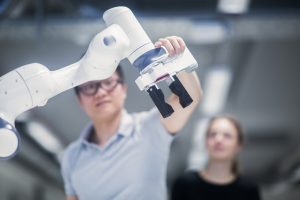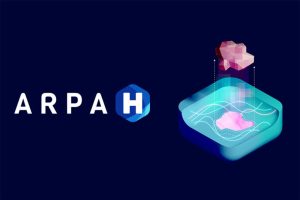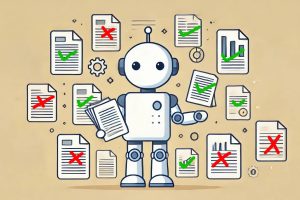Recent News
-

AI can’t read your mind—yet
CategoriesNew research reveals that AI can’t perceive humans’ unspoken desires and goals as easily as we do.
-

Johns Hopkins researchers partnered with a local imaging device company to develop an efficient, real-time lumbar puncture guidance system.
-

Hopkins team awarded up to $20.9 million in ARPA-H funding to further tumor-removal research
CategoriesA Johns Hopkins-led interinstitutional research team will develop a novel photoacoustic endoscope and fluorescent contrast agent to ensure total tumor removal and preservation of healthy tissue.
-

A Johns Hopkins study finds that large language models are more likely to generate irrelevant or harmful responses when operating in underrepresented languages.











